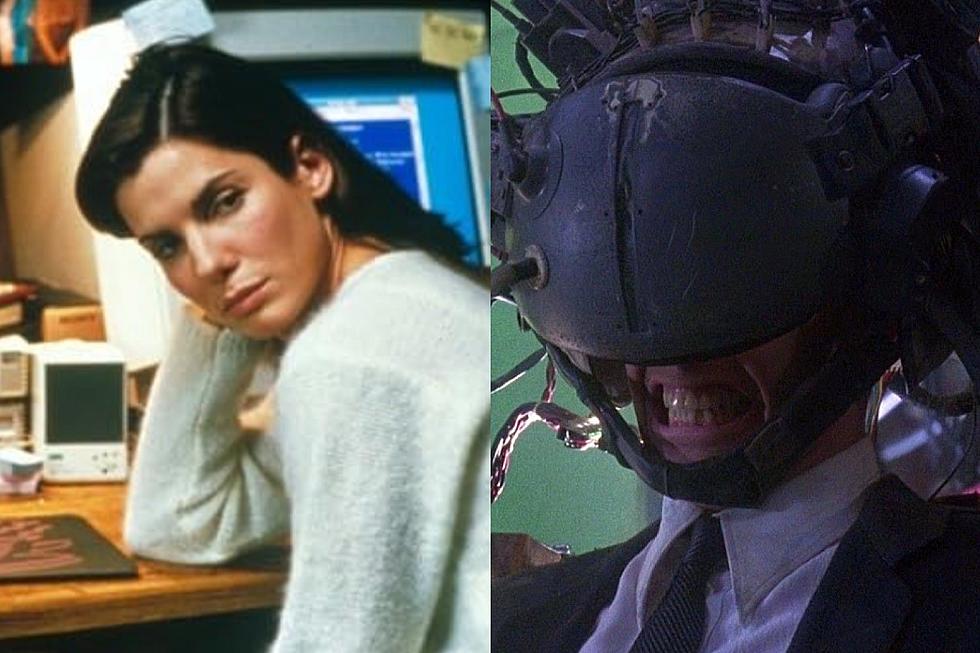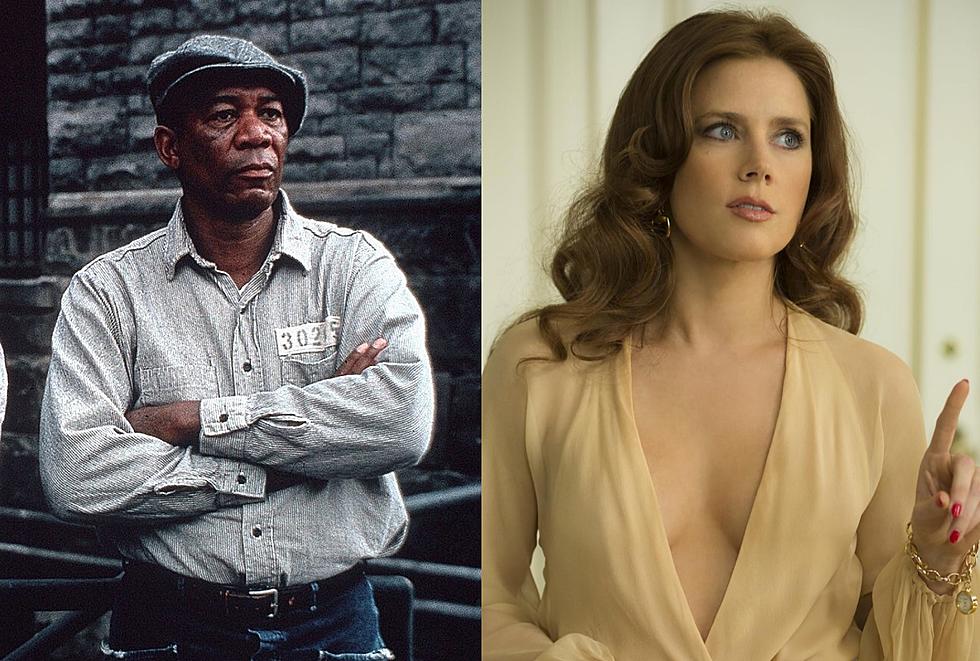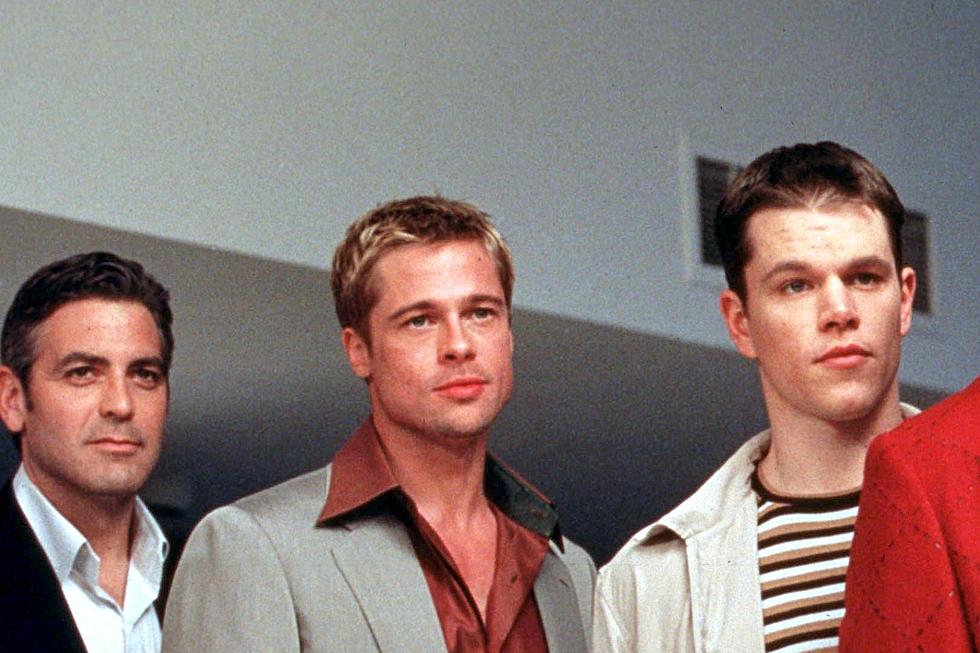
‘Hail, Caesar!’ Review: Hooray For the Coens’ Hollywood
Over the course of their 30-year careers, the Coen brothers have made a lot of different kinds of movies; madcap comedies, period dramas, detective mysteries, bouncy musicals, thrilling Westerns, and biting satires. Hail, Caesar! is the first time they’ve made all those different kinds of movies simultaneously. Though it has an overarching story — a movie star gets kidnapped in the middle of a major production — Hail, Caesar!’s Hollywood studio setting offers the Coens the opportunity for a series of delightful digressions. As its protagonist, studio boss Eddie Mannix (Josh Brolin), wanders the Capitol Pictures backlot, the Coens’ wander through every imaginable style and genre from the American film industry’s Golden Age. Hail, Caesar! features so many different styles and genres, in fact, that it almost qualifies as an anthology film, one that finds the Coens at their most versatile and playful.
Mannix is the ultimate Hollywood fixer, working around the clock to keep his well-paid but poorly behaved stars out of trouble and the media spotlight. His current problems include DeeAnna Moran (Scarlett Johansson), an Esther Williams-style bathing beauty who’s unmarried and pregnant, and Hobie Doyle (Alden Ehrenreich), a dim-witted star of B-Westerns who’s wildly unqualified for his latest assignment as the suave leading man in a pithy screwball comedy of manners. Worst of all is Baird Whitlock (George Clooney), an unreliable playboy who vanishes from the set of his latest picture, a Ben-Hur-esque period epic titled Hail, Caesar! Whitlock’s a drunk, so a sudden disappearance isn’t necessarily cause for alarm, at least until Mannix receives a ransom note from a mysterious group that calls themselves “The Future,” demanding $100,000 for the release of Capitol’s biggest star.
The Coens have played with some of these threads before — the unlikely kidnap plot recalls Raising Arizona and The Big Lebowski; the cynical view of the Hollywood machine echoes Barton Fink; the religious imagery on the set of Hail, Caesar! and Mannix’s repeated trips to his church confessional bring back the philosophical questions about God from A Serious Man — but they’re woven together here in a fresh new way. Hail, Caesar! is realistic about Hollywood’s mercenary motives (Mannix’s studio, Capitol Pictures, is the same one from Barton Fink) but it also delights in the genuine magic of the old studio machine, and it luxuriates in the details of this period (all lovingly photographed by the Coens’ great cinematographer, Roger Deakins). Hail, Caesar! doesn’t just glimpse Capitol’s productions, it features them. Johansson gets to swim in a mermaid costume to the sounds of a live orchestra, while Channing Tatum gets a hilarious number as the leader of an all-male (and distinctly homoerotic) chorus of sailors.
Viewers who care solely about story might grow frustrated with Caesar!’s slack pacing, or the Coens’ seeming disinterest in their own plot. But Hail, Caesar!’s kidnapping is clearly the Coens’ excuse to explore 1950s Hollywood, rather than the other way around. They celebrate the movies of this era and have some good-natured fun at the expense of the system that produced them. They save their funniest jabs for the studio note-giving process (Mannix convenes a roundtable of religious leaders to make sure Hail, Caesar! is inoffensive to people of all creeds and colors) and for untalented actors. The scene where Hobie’s suave director (Ralph Fiennes) tries in vain to massage his hillbilly star’s drawl into a Mid-Atlantic accent for one simple line (“Would that it were so simple!”) will go down in history as one of the funniest of the Coens’ career.
It’s unclear who that scene might be aimed at; it‘s hard to imagine it’s inspired by anyone in Hail, Caesar!’s cast, which is among the best the Coens have ever assembled. One great comic actor after another pops up to orbit around Brolin; Frances McDormand has a wonderful scene as a crusty old film editor; Jonah Hill appears as a sleazy private eye. And Clooney, who the Coens’ call on only for their broadest comedies, (O Brother, Where Art Thou?, Burn After Reading) to play their biggest doofuses has never played a more convincing one.
The Coens’ lighter movies (including The Hudsucker Proxy, which takes a similarly absurdist view of corporate culture of the same period) tend to be less popular and less critically acclaimed than their dramas and thrillers, and that trend will likely continue with Hail, Caesar! But beneath the (sometimes hysterically funny) gags, is a surprisingly thoughtful examination of the same issues that bubble through Joel and Ethan Coen’s more serious pictures; the folly of man, the nature of faith, and the terror of trying to figure out what path through life is the correct one to take. My hunch is repeat viewings will reveal Hail, Caesar! as one of the Coens’ most serious pictures, as well as their silliest.
More From ScreenCrush









